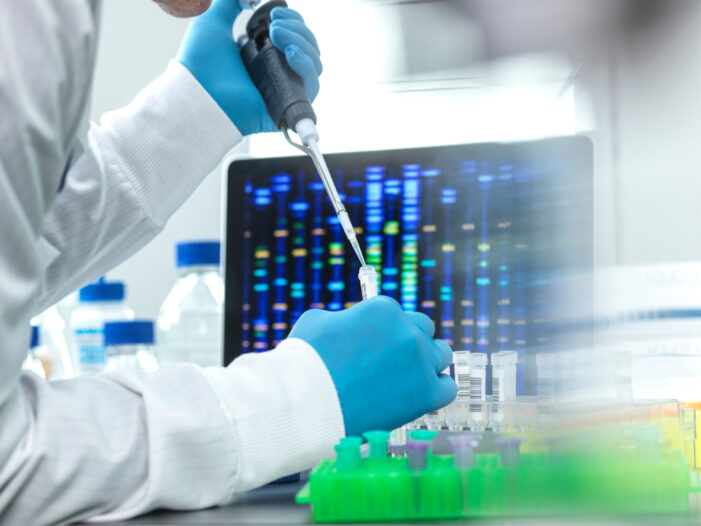By Lea Bennette
Imagine a world where science meets love – that’s exactly what researchers have been up to in a groundbreaking study on the genetics of same-sex attraction. In a 2019 genome-wide association study found here, (https://www.science.org/doi/10.1126/science.aat7693), researchers conducted a large-scale study involving massive scale data research of the people from the United Kingdom and the United States, which is like a treasure hunt into the secrets of love and relationships.
Did you know that around 2 to 10% of people across different places admit to being in same-sex relationships? Previous studies hinted at a genetic influence on same-sex behavior, but the latest research, using large-scale datasets, aimed to pinpoint specific genetic variants associated with these preferences. It’s a fascinating piece of the puzzle, and scientists have long wondered if there’s a genetic aspect. Our heroes in white lab coats dove into massive datasets to figure out if there are specific genes linked to same-sex attraction, and boy, did they find some interesting stuff.
Picture this: researchers sifted through the genetic data of almost half a million individuals and discovered five specific areas in our DNA (they call them ‘loci’) that are like little markers for same-sex attraction. These markers hinted at connections like how our hormones work and even our sense of smell! While not every marker was a home run in every sample, the study revealed that a bunch of genetic factors play a role in determining who we love.
So, just how much of our love life is written in our genes? It turns out that it’s somewhere between 8 to 25%. These genetic influences aren’t just in guys or gals; they’re a bit of a family affair. There are connections to other fun traits like being a risk-taker or having an adventurous personality.
Forget about those old-fashioned scales trying to categorize love neatly. This study shook things up, suggesting that love is more like a colorful, crazy kaleidoscope of genetic factors.
Instead, the findings suggested that same-sex sexual behavior is influenced by a multitude of genetic factors, challenging the validity of simplistic classifications. This challenges the idea that our preferences can be neatly lined up on a scale. Love, it seems, is just as unique as each of us.
In a nutshell, this study showed us that love is a wild ride influenced by not just one or two genes but a whole bunch of them. While the researchers acknowledge there’s still much to learn, they’re excited about the journey ahead. The future is looking exciting, and who knows what awesome discoveries await us as we continue to explore the magic of human connection.

